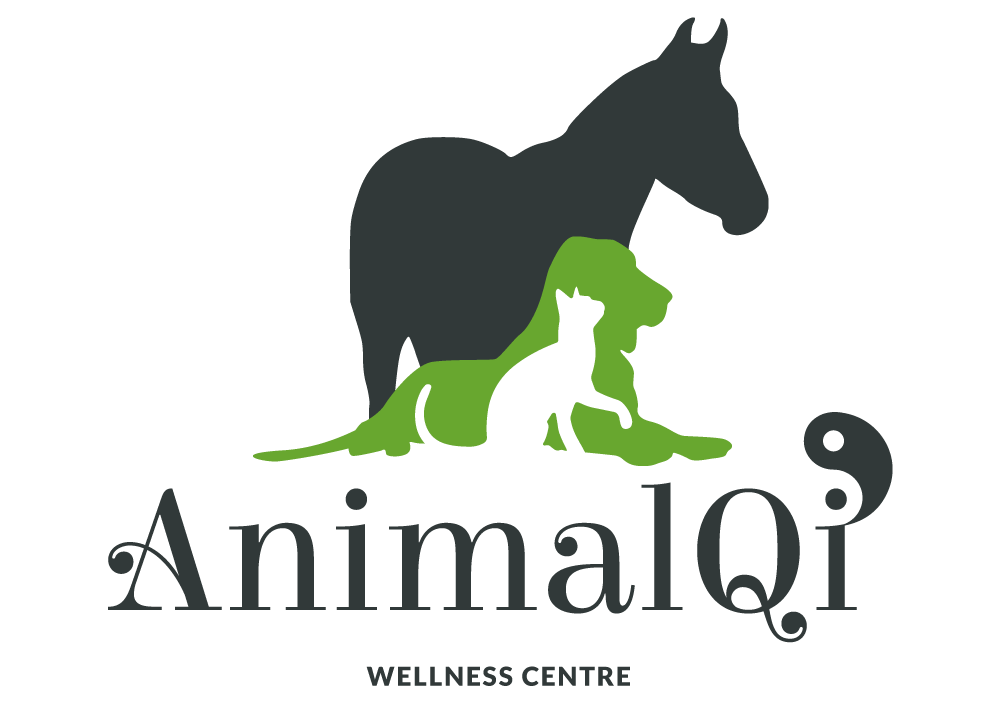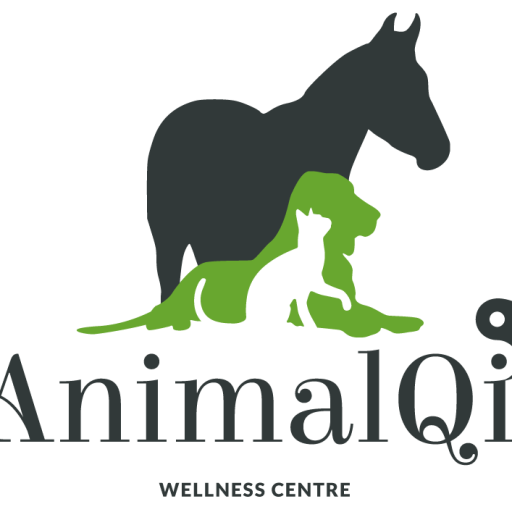Scooting Blues: All About Anal Gland Impaction in Dogs
Let’s face it, no one enjoys talking about anal glands. But for our furry friends, impacted anal glands can be a real source of discomfort. So, let’s shed some light on this smelly situation and explore ways to prevent it!

Understanding Anal Glands:
However, sometimes the anal glands can become impacted, meaning the fluid gets thick and trapped inside. This can happen for several reasons:
Soft Stools: If your dog has diarrhea or consistently soft stools, there might not be enough pressure to express the anal glands naturally.
Breed Predisposition: Small breed dogs, like beagles and yorkies, seem to be more prone to anal gland impaction.
Allergies: Allergies can irritate the skin and anal glands, making them more susceptible to problems.
Obesity: Excess weight can make it difficult for the glands to express naturally.
Expression: A Short-Term Fix, Not a Long-Term Solution
While a veterinarian can manually express the glands to provide immediate relief, regular expression isn’t a long-term solution. In fact, frequent expression can irritate the glands and make them more prone to future impaction.
Helping Your Pup Avoid Scooting:
The good news is there are steps you can take to help prevent anal gland impaction:
Dietary Fiber: A diet rich in fiber helps firm up stools, providing the necessary pressure for natural expression. Talk to your veterinarian about a fiber-rich food option for your dog.
Weight Management: Keeping your dog at a healthy weight can significantly reduce the risk of impaction.
Pumpkin Power: Adding cooked pumpkin to your dog’s food can be a natural way to promote healthy bowel movements and anal gland function.
Regular Grooming: Gently cleaning around the anus with a damp cloth during bath time can help remove any debris that might contribute to blockage.
Early Warning Signs:
If you notice your dog scooting on the ground, licking or biting at their rear end, or have a foul odor coming from the anal area, these might be signs of impaction. Consult your veterinarian for a proper diagnosis and treatment plan.
Remember: By understanding anal gland function and taking preventative measures, you can help your dog avoid the discomfort of impaction and keep those happy trails wagging freely!
Book an APPOINTMENT today!
Please email us at [email protected]
Our experienced team of veterinarians is here to help your pet feel their best.
(Diagnoses and treatment advice will not be given on email of WhatsApp)

